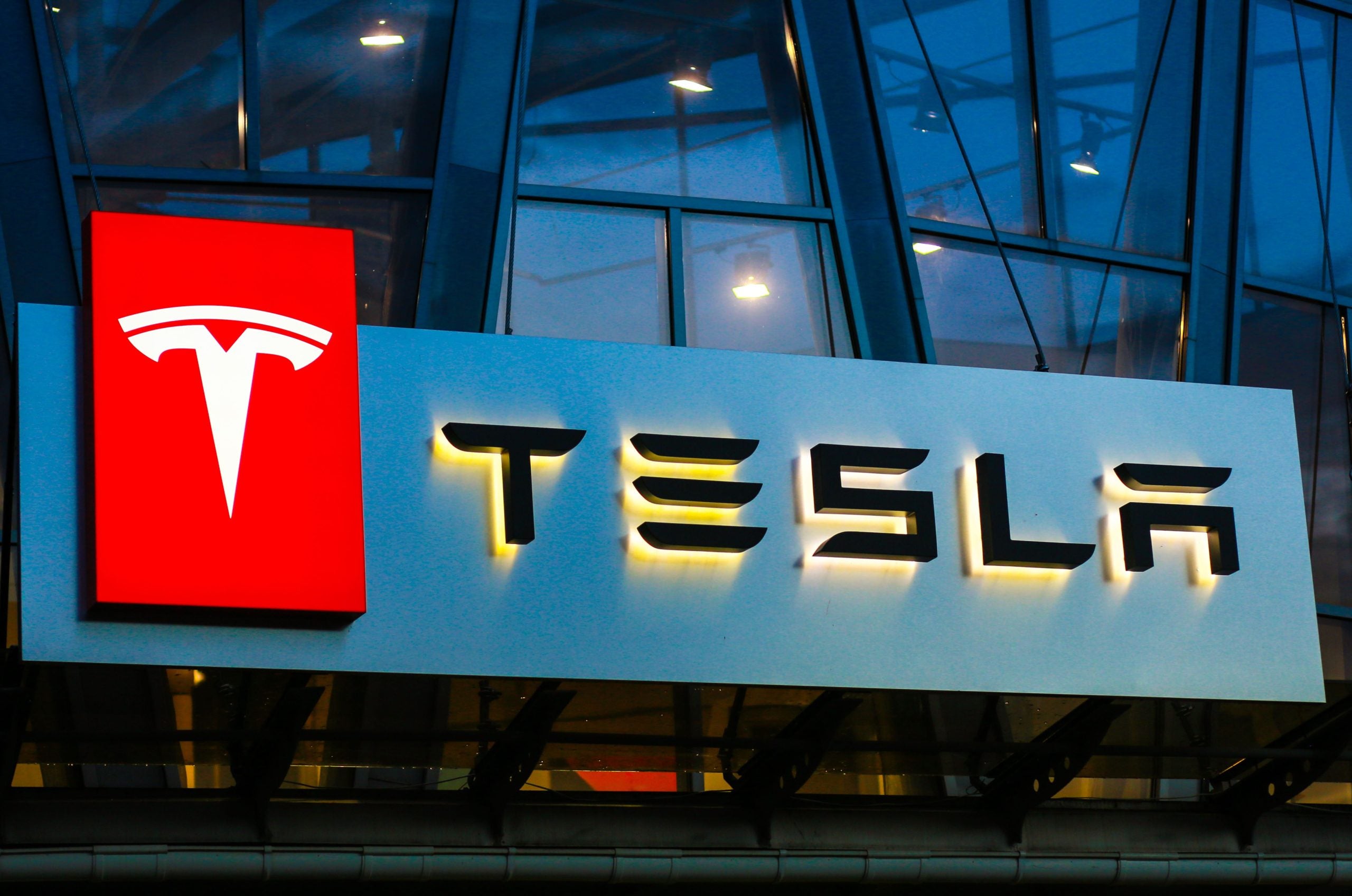
In January 2025, there were a record number of electric vehicle (EV) registrations in the UK, Europe’s largest battery-electric market, according to data from New Automotive. Yet Tesla’s UK sales declined 12% from the previous year in January 2025, dropping from 1,604 registrations to 1,416. Tesla suffered its first-ever annual decline in deliveries in 2024 despite being the leading EV seller in the US and the largest car company in the world by market capitalization. Overall, 2025 global Tesla sales in January were down a massive 50.4% YoY.
Electric vehicles in automotive: EV integrated thermal mgmt
Europe seems like an especially painful region for the automotive company, as in January 2025 German sales dropped 60% on the previous year, French sales dropped 63%, Spanish sales dropped 75% YoY, and Dutch sales dropped 42.5% YoY.
Overall, Tesla’s European sales in January 2025 were down 48% on the same period of the previous year. Tesla isn’t fully at fault for this slump, given that 2024 European battery-electric vehicle registrations fell 27% in comparison to 2023, according to GlobalData. The European EV market has certainly shrunk, yet Tesla is shrinking far more than expected. Tesla is still selling thousands of cars, but they’re selling far fewer than they did this time last year.
Since acquiring Twitter (now X) in 2022, Tesla’s CEO, Elon Musk, has become more vocal on political issues. Over the last year, the tech billionaire has involved himself in far-right European politics. Has this contributed to declining Tesla sales in the region?
The past five years have been a political adventure
Once a beloved champion of environmental capitalism, Musk has gone from the center-left of the political spectrum to a position firmly on the right. Musk voted for Democratic candidates in US elections between 2008 and 2020, according to the billionaire, only switching to Republican in 2024. Since endorsing Donald Trump’s presidential campaign in July 2024, he has donated over $200 million to the Trump cause, with Trump gifting him the unofficial position of head of the department of government efficiency (DOGE).
In recent months, Musk has turned his attention to Europe. In January 2025, he appeared at election campaign events held by Alternative fur Deutschland (AfD), a party that advocates for the resettlement of people with a migrant background. As German Tesla sales drop by 60%, Schmidt Automotive Research has said that German EV buyers “may well be reacting to Musk’s comments” at the AfD rally. As Musk’s political actions become seen as more extreme (or at least off the mainstream), Europeans’ interest in Tesla may decrease even more.
Intensifying competition, aging product lineup, regulatory pressures
However, there are other reasons why Tesla sales are slumping. Chinese companies like BYD, Chery, and Geely are producing new, cheap models that are gaining market share in Europe. These companies are also constructing or have already constructed facilities in Europe. BYD has an $8.2 billion battery plant in Hungary and Chery has a production facility in Spain. BYD saw a 550% increase in UK registrations in 2024.
Tesla’s lineup is also, by most accounts, getting a bit stale. No new model has been introduced in Europe since the Model Y in 2021. A refresh of the Model Y is set to come out in mid-2025, which might be another reason why consumers are holding off on buying a new Tesla. Musk’s next project, an autonomous vehicle, is unlikely to pass strict European regulations. Tesla also has a low number of cars in stock at this time of the year as Musk’s company typically pushes sales in Q4 to boost end-of-year sales.
In conclusion
Ultimately, a January slump in Tesla sales was expected. The European EV market is contracting, Tesla’s lineup is stale, its inventory is low, and foreign competition is increasing dramatically. Nor is Tesla giving up market share without a fight. It is updating the Model Y, expanding its gigafactory in Berlin, and investing in supercharger network growth. However, this might not be enough, and Musk’s political stances have clearly affected consumer sentiment. Even in the US, specifically California, Musk’s company saw sales contract by 12% in 2024.
Tesla is at an inflection point in its history. Its CEO is standing shoulder to shoulder with the most powerful man in the world, yet faces slumping sales in his largest business. The first six months of 2025 will be definitive for Tesla as it tries to combat market competition, its worsening image in Europe, and consumer sentiment. Tesla’s image may soon become irreparably damaged on the continent. Musk is closely linked with Donald Trump, and the US president is not popular in Europe; only 22% of Europeans polled thinking that Trump as the president will be a good thing according to a survey from the European Council on Foreign Relations (EFCR) in January 2025. Trump is also not a fan of Europe, calling it a “mini-China” and threatening the European Union with tariffs.
In contrast to Tesla’s struggles, Musk’s other main business interests (X and SpaceX) stand to benefit from his proximity to Trump through government contracts and increased social media traffic. Tesla is far more dependent on consumer sentiment and fluctuating demand than X and SpaceX. This is not the end for Tesla in Europe, but the coming months will indicate the scale of the challenge it faces in the region.







